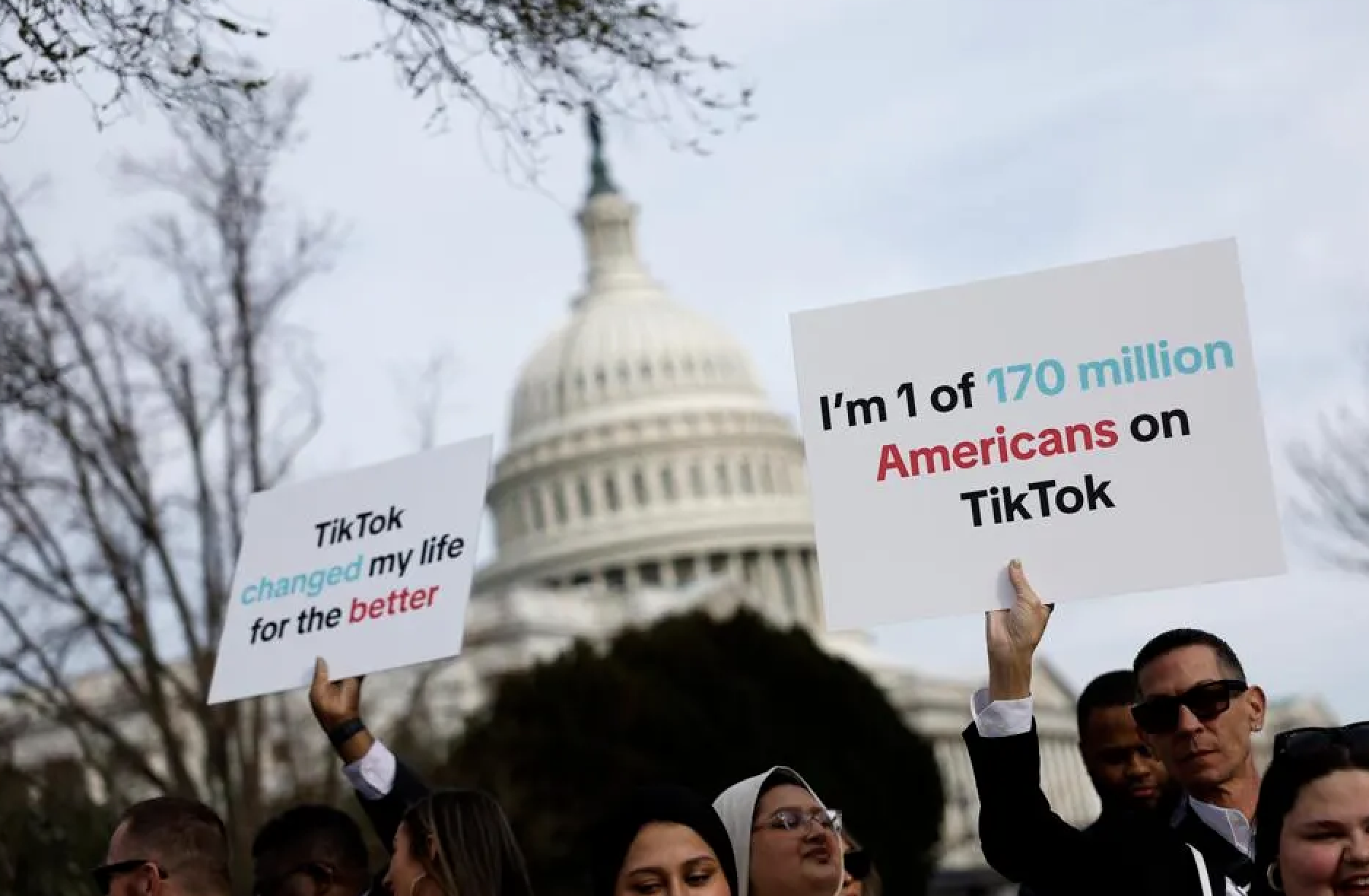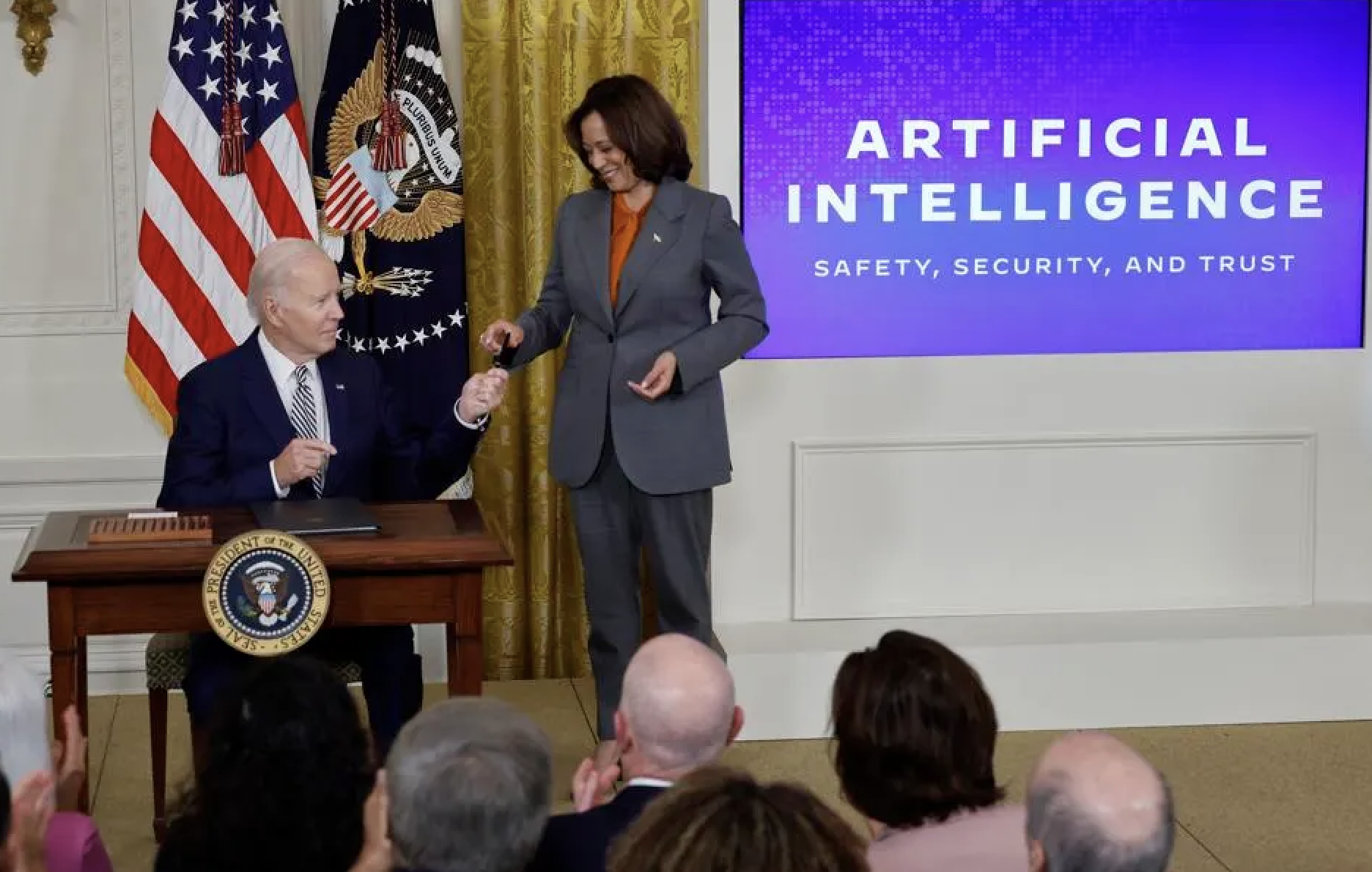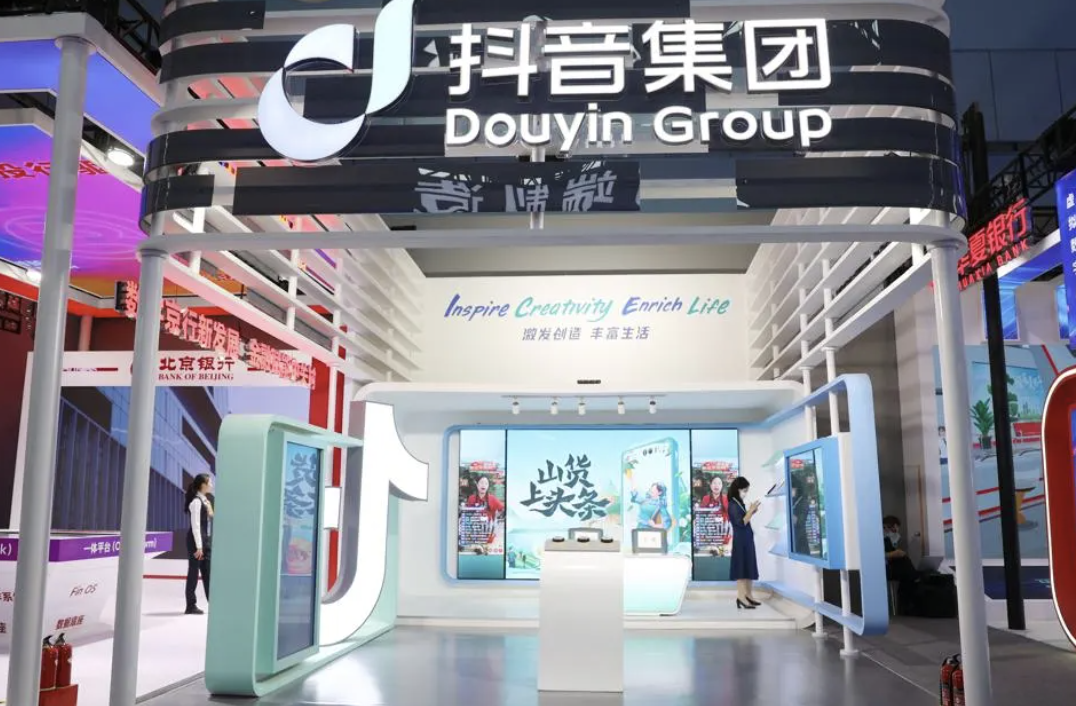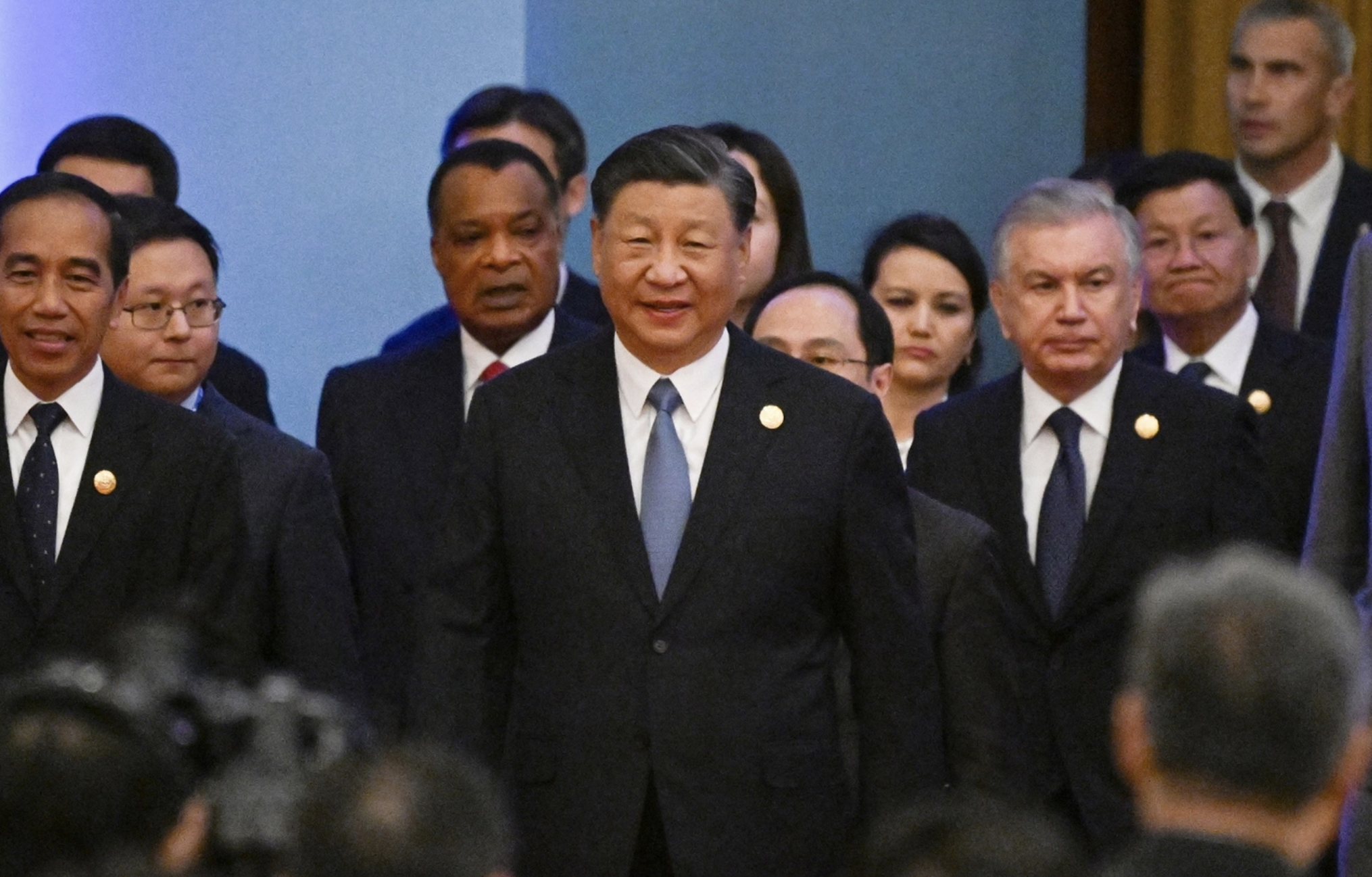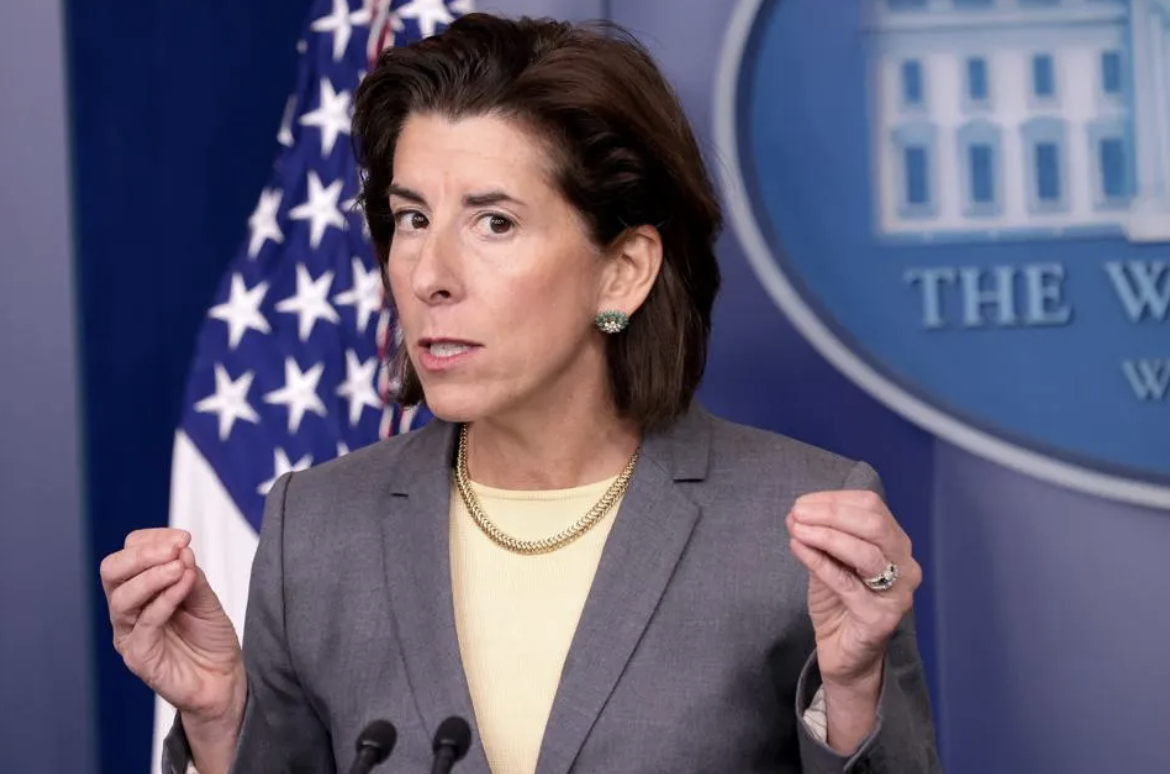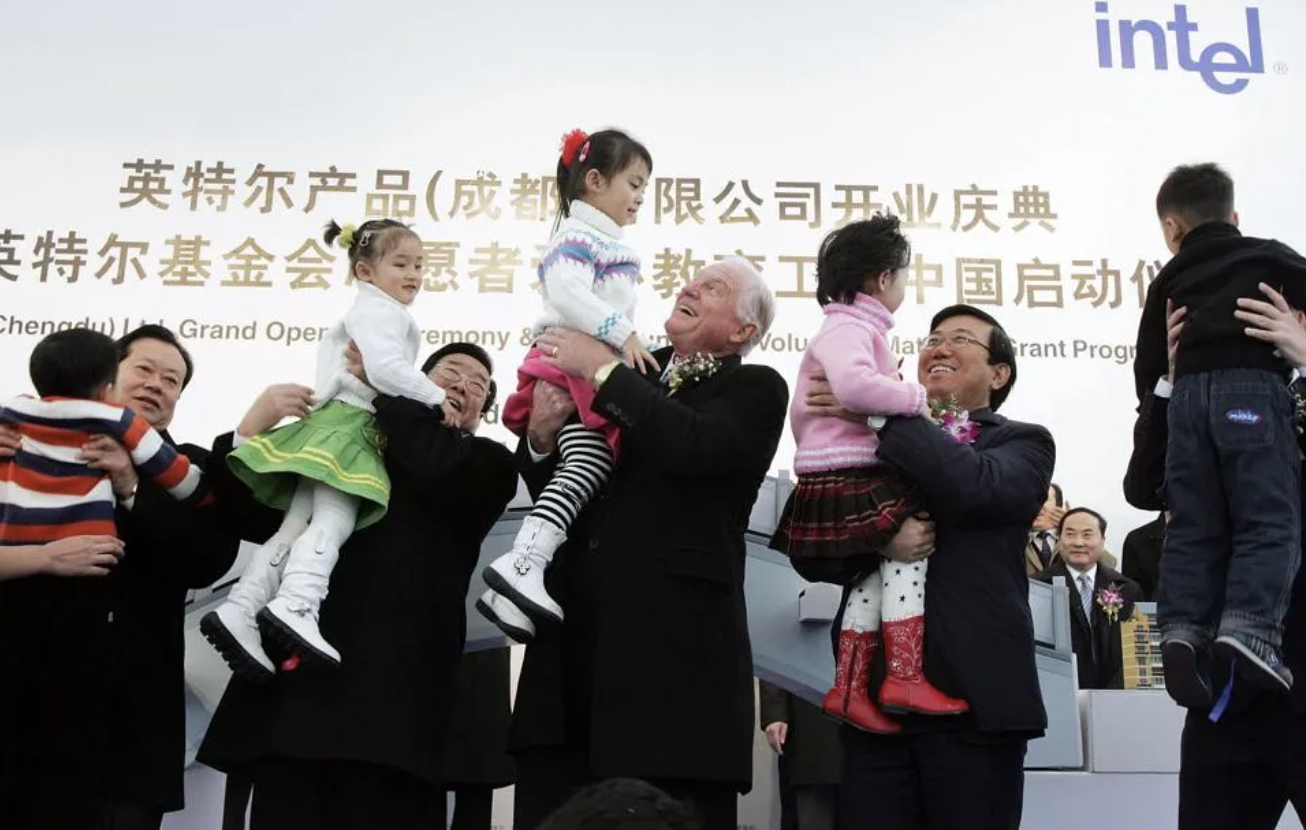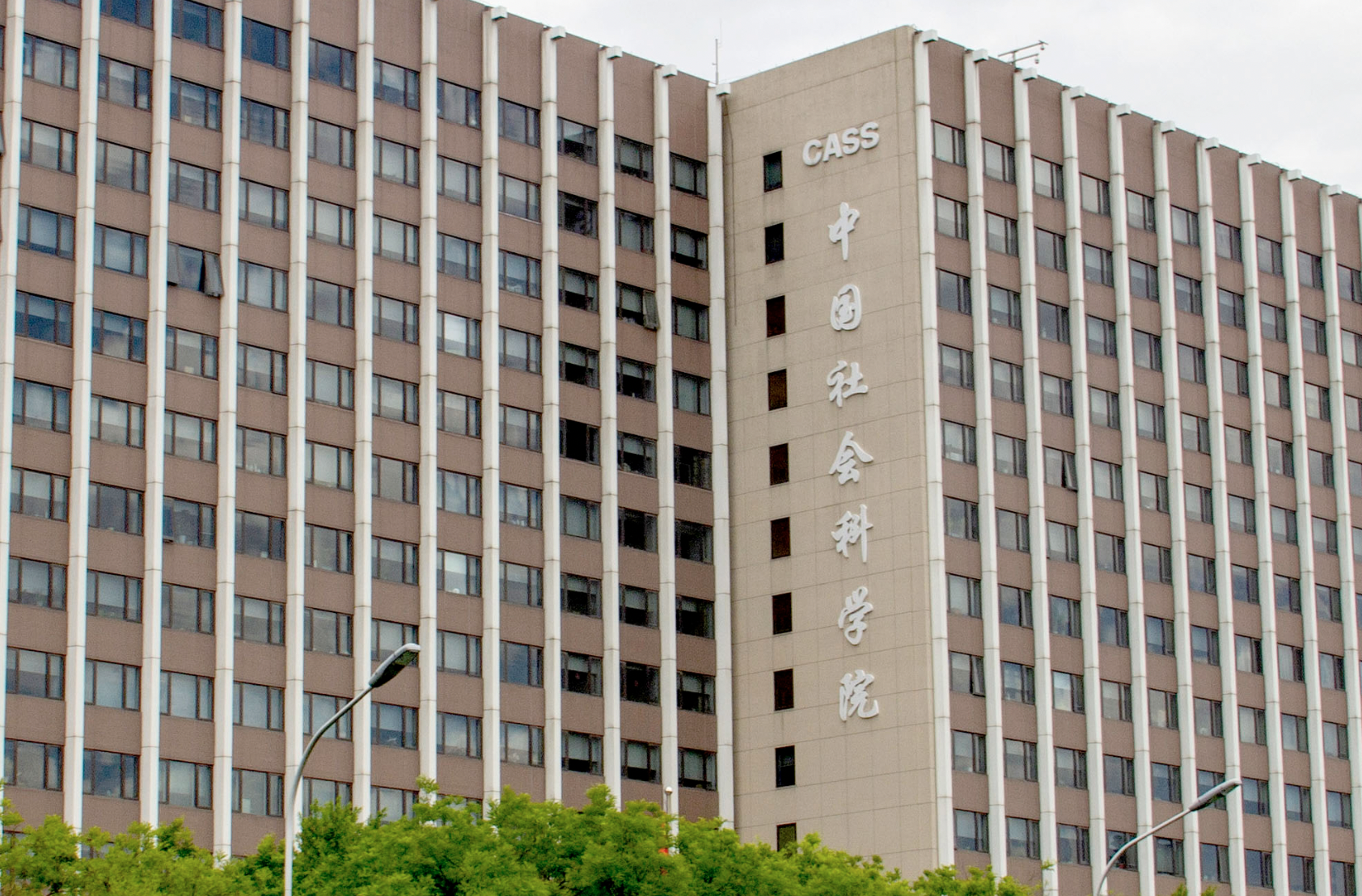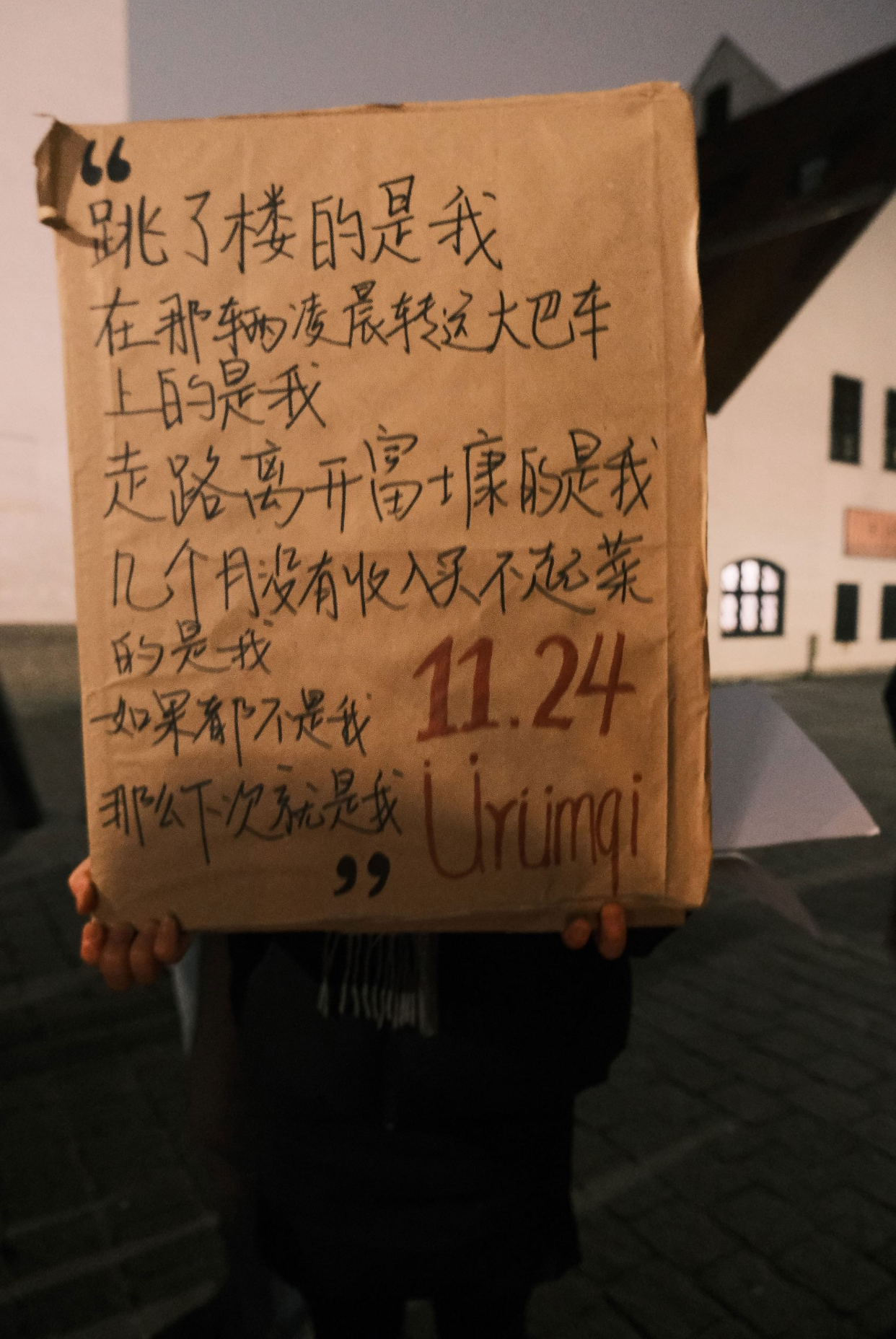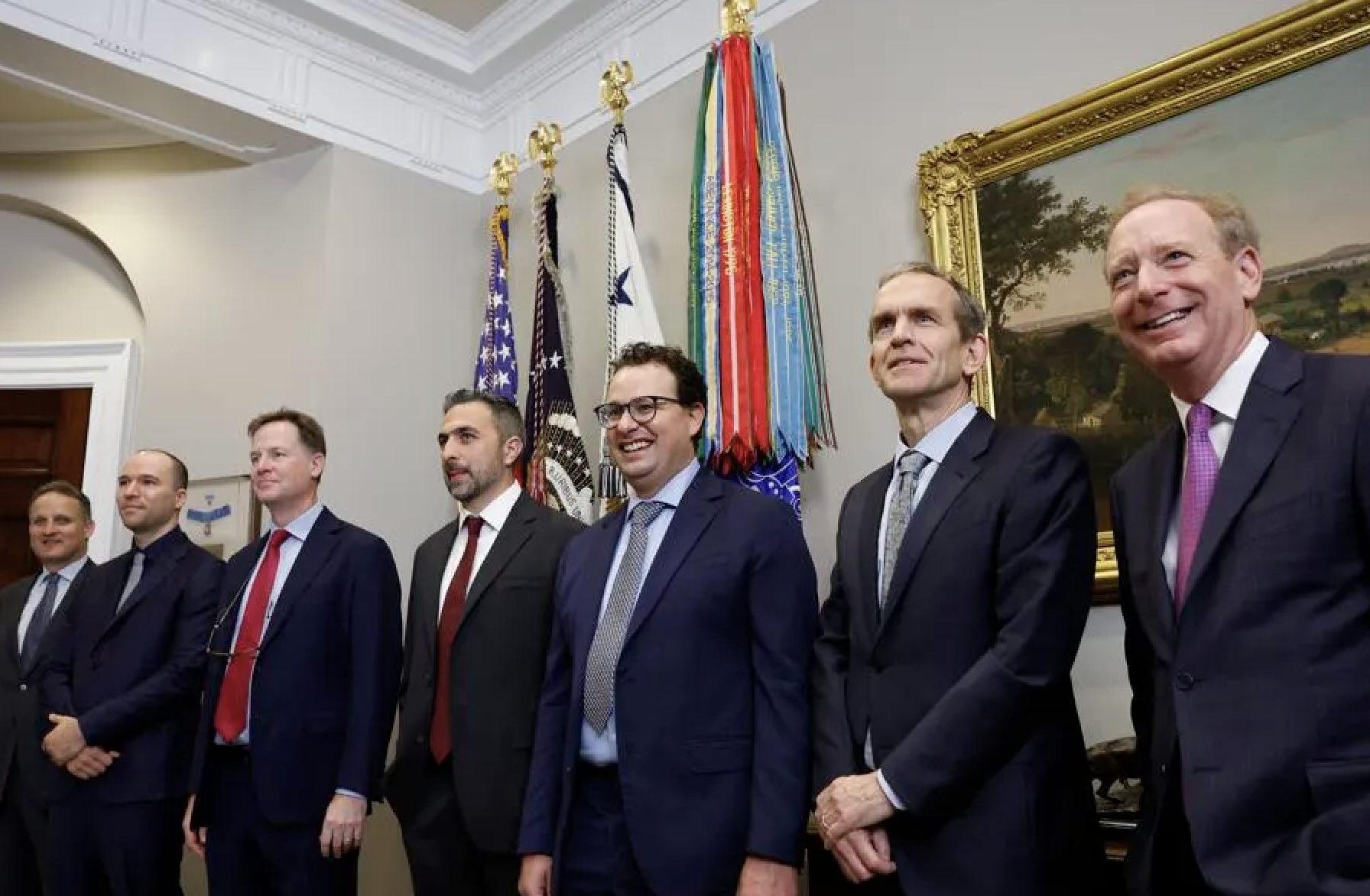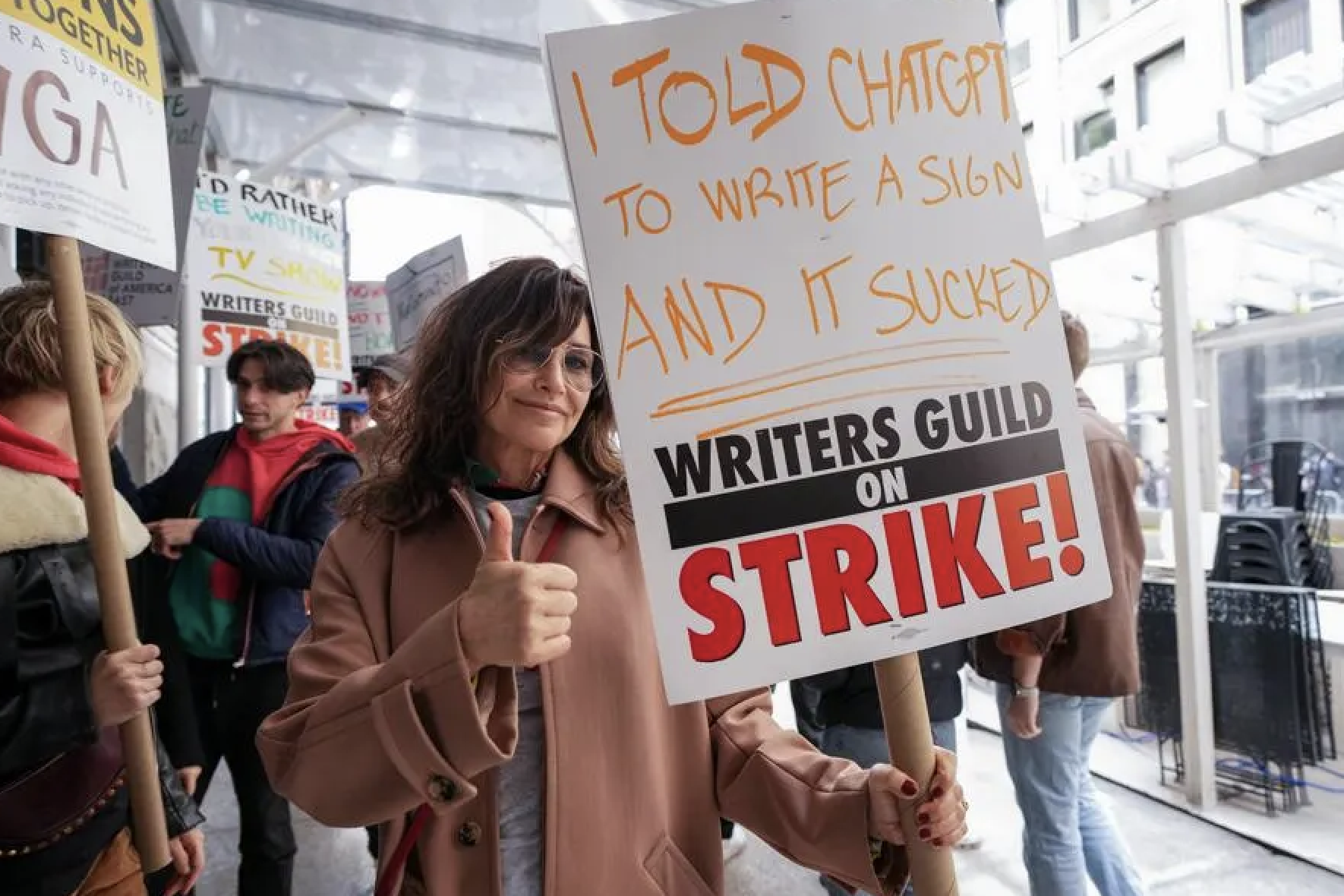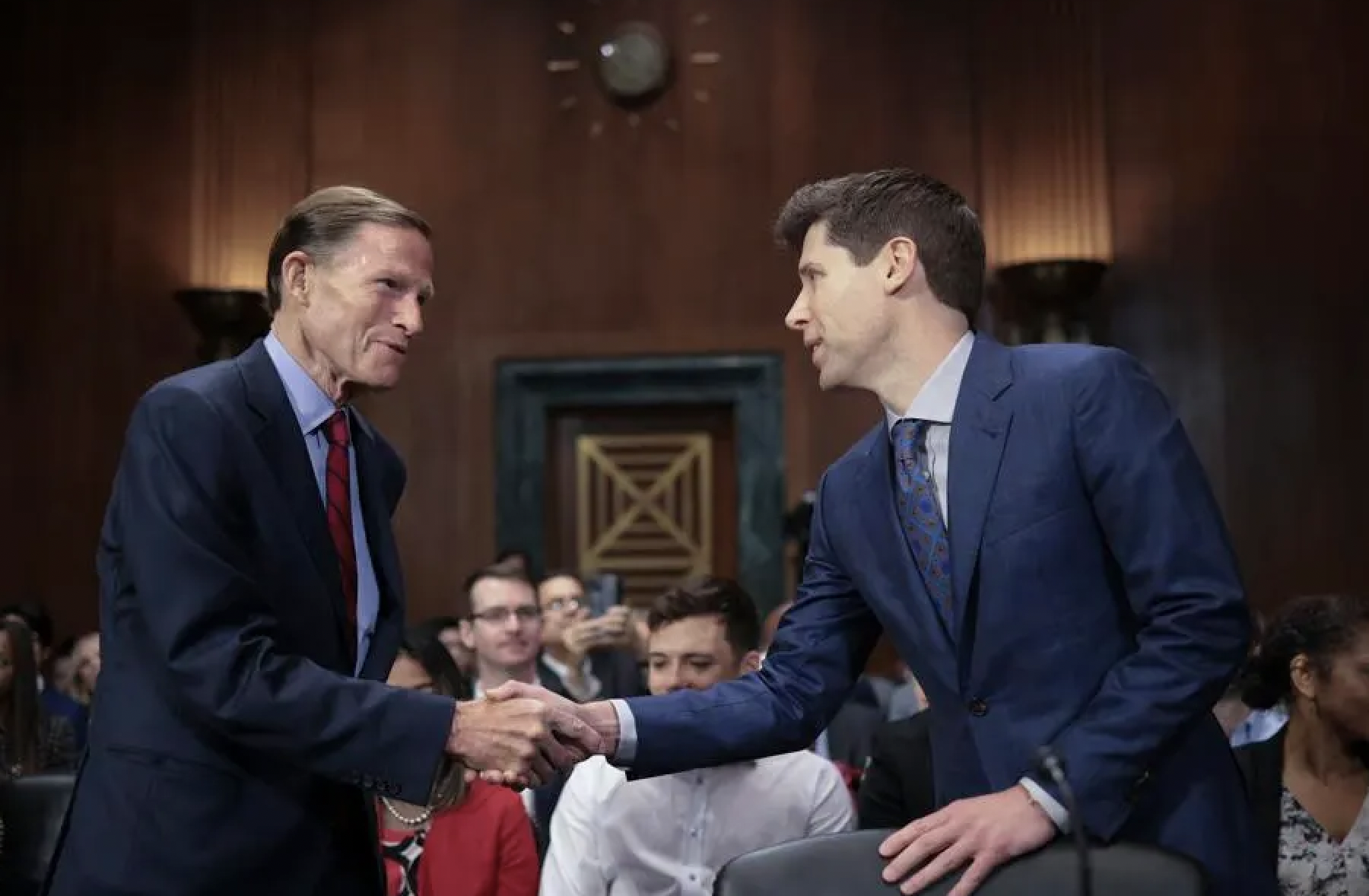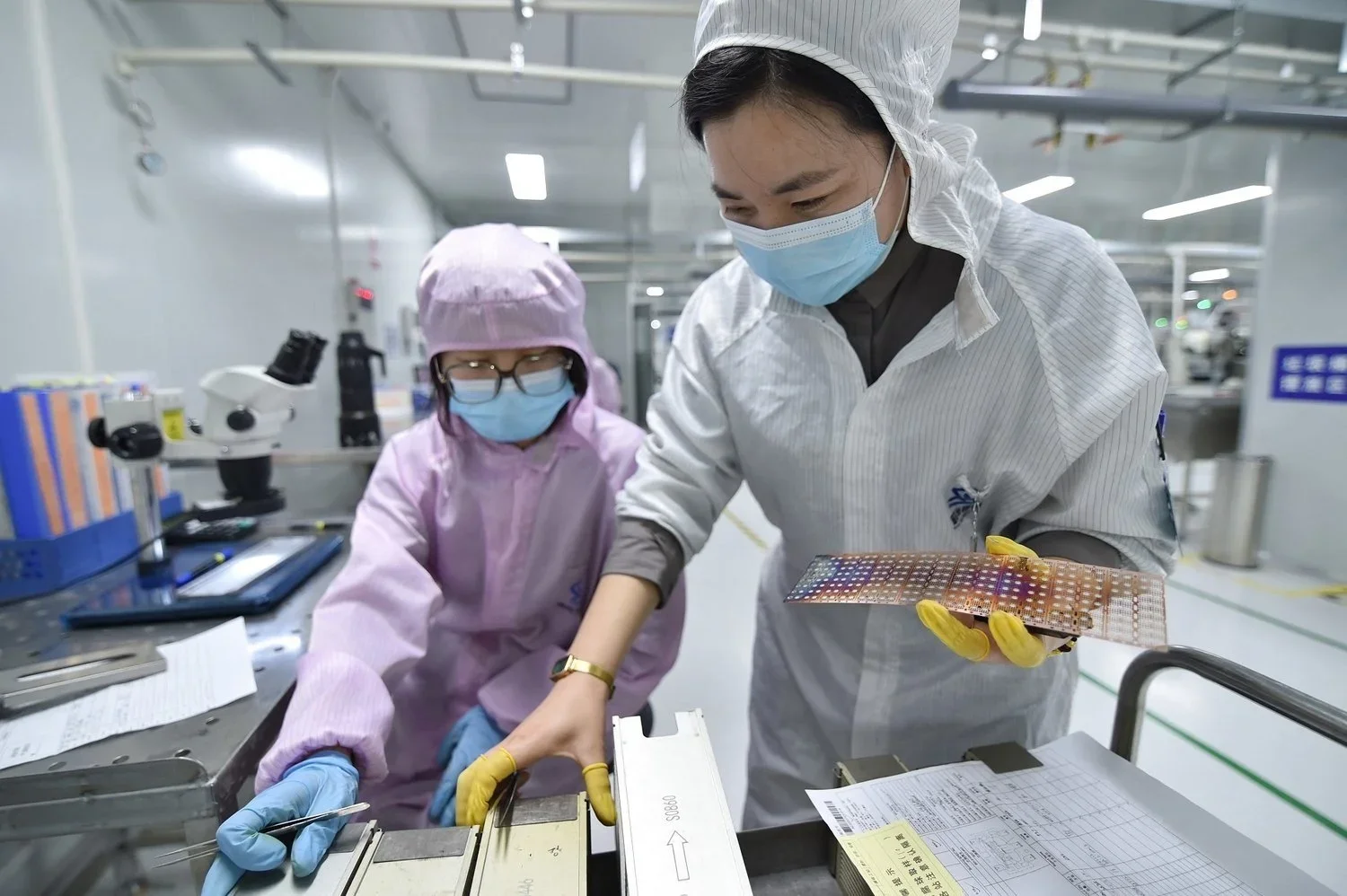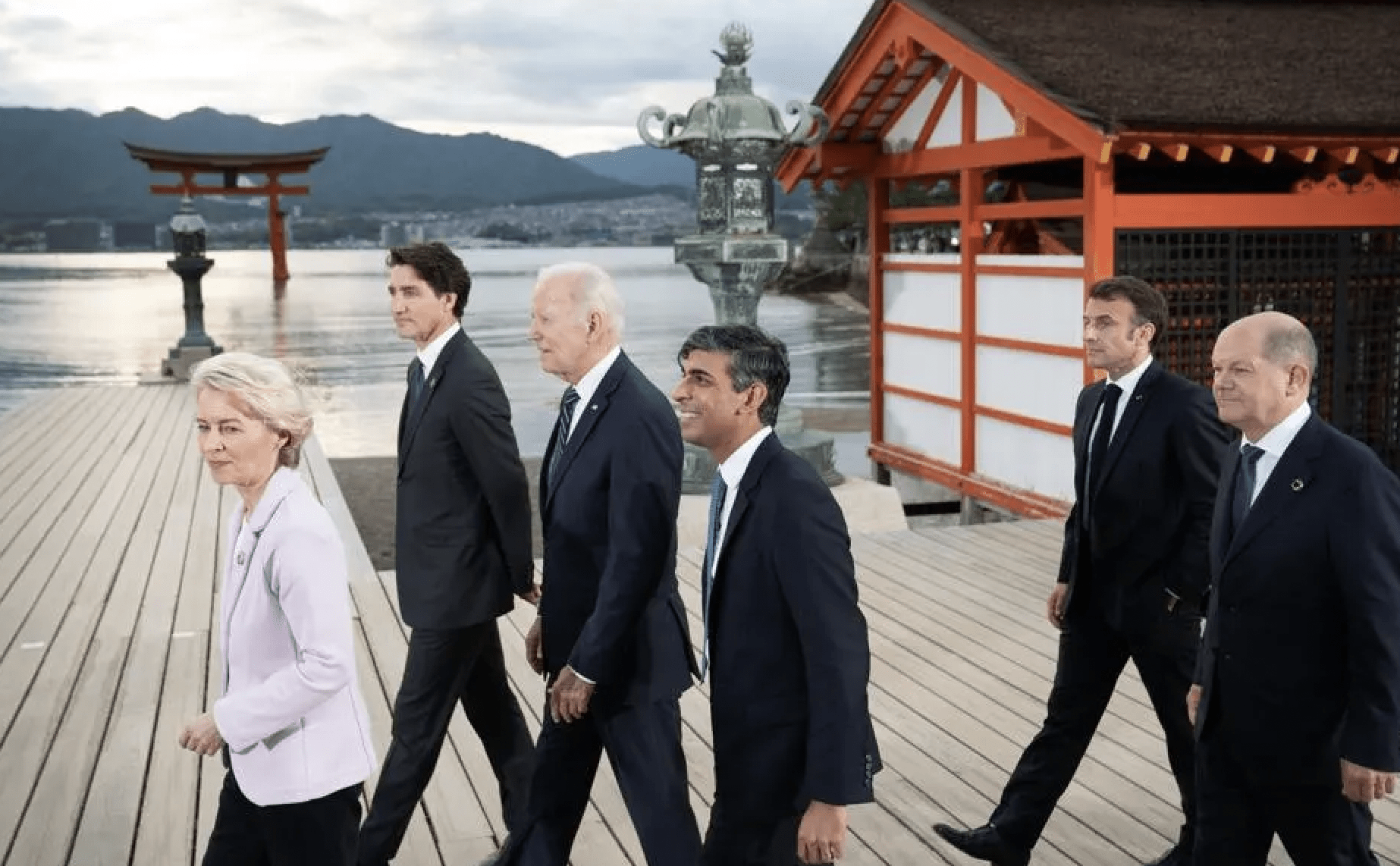Congress’ China Obsession Obscures Tiktok’s Larger Dangers
The House of Representatives’ bipartisan passage of an act that would ban TikTok unless its Chinese owner, ByteDance, sells the company within six months is another testament to the power of invoking the word “China” to get American legislation passed.
China Rules AI Firm Committed Copyright Infringement
An AI company was found by the Guangzhou Internet Court to have committed copyright infringement in its provision of AI-generated text-to-image services, according to Chinese media reports.
AI-generated Content Raises Intellectual Property Concerns for U.S. And China
The world’s two biggest artificial intelligence powers—the U.S. and China—are attempting to address intellectual property concerns relating to AI-generated content domestically, as their ability to effectively collaborate on managing AI remains hampered by the dismal state of bilateral relations.
Chinese Companies Are Reacting to AI Regulations by Releasing Their Own Rules
China is currently home to some of the most advanced AI regulations in the world. Its party-state government, free from the burden of compromise, can swiftly regulate AI as it sees fit.
China’s Vision for World Order
In October, in front of leaders from Asia, Africa, Latin America, Eastern Europe, and the Middle East, Xi Jinping stood triumphant in a celebratory keynote address celebrating the tenth birthday of his Belt and Road Initiative (BRI).
Review: Washing History
Xu Huaizhong’s novel, That Which Can’t Be Washed Away, is a more recent engagement with the past. It was published in Chinese in 2019, titled 牵风记 (literally “diary of pulling the wind”), and won the prestigious Mao Dun prize that year.
Sam Altman Will Probably Remain AI’s Top Diplomat
ChatGPT’s success and Altman’s resultant celebrity gave him easy access to world leaders, making him the de facto ambassador for a version of “safe AI development” that suited his personal preferences as well as the financial interests of the company he led.
Updated Chip Restrictions Help Unify AI Hype and China Hawkishness
Many Americans will accept at face value that it is in the United States’ interest to prevent the People’s Liberation Army from obtaining AI-enabled weapons that could destroy the planet.
In the Age of AI, Do We Have the Right to Die in Peace?
Deepfakes of the dead are further proof that in America, where no federal artificial intelligence regulations exist, AI-generated content can be legally used and monetized without consent from the humans whose work fed and keeps feeding the datasets AI relies on.
Chinese Regulators Block Intel Deal, Spotlighting US Chip Strategy
After Chinese regulators stalled the deal for almost a year, Intel on Tuesday abandoned its attempted acquisition of Tower Semiconductor, a chip manufacturer that was going to help Intel make semiconductors in-house.
Analyzing an Expert Proposal for China’s Artificial Intelligence Law
Like China’s actual AI regulations, the “Model Law” from a team at the Chinese Academy of Social Sciences (CASS) shows that Chinese AI researchers share unsurprisingly parallel concerns with their international counterparts.
Fill in the Blank: China's White Paper Protests
Splashed across numerous international publications last November was an image of a young man in an orange jacket, a blue hoodie and a black face mask, surrounded by a crowd of people on a city street, staring fixedly at the camera. Holding up a white piece of paper with his right hand, his left points determinedly at… us. This direct address seems to demand something of the viewer, but as his sign is blank, his message remains elusive.
How Safe is 'AI Safety'?
The leaders of America’s biggest AI-focused companies—including Meta, Amazon, Google, Microsoft, Anthropic, Inflection AI, and OpenAI—met with President Biden on Friday, committing to continue to do what they were already doing to make AI safe, per their own definitions of safety.
The Pen is Mightier Than the Large Language Model
The advent of large language models like ChatGPT crystallizes the particular threats writers face; while LLMs can’t replace the humanity necessary for good reporting, fiction and poetry, they can flood the internet with mediocre content that could make higher quality work even less marketable than it already is—if we, the reading public, let them.
Shein Leverages U.S. Influencer Culture to Shape Narrative About Fast Fashion—and China
“Being a plus sized influencer means being constantly ridiculed for being fat,” said Kiera Wilson, a cultural writer and graduate student in intermediality at the University of Edinburgh.
OpenAI's Sam Altman Makes Global Call for Ai Regulation—and Includes China
OpenAI CEO Sam Altman over the weekend called for enhanced collaboration between the U.S. and China on artificial intelligence development.
The U.S. May Be Overstating China’s Technological Prowess
China’s technological prowess is frequently invoked by U.S. policymakers hoping to get votes, attention, or enough bipartisan support to pass a bill.
G7 Unites on AI Aspirations, Lags China on Deliverables
Technology featured heavily at last weekend’s G7 meetings. The Hiroshima Leaders’ Communiqué, named for the G7 host city, recognized the need to “take stock” on generative AI, which it calls “increasingly prominent across countries and sectors.”
China’s New AI Rules Protect People — and the Communist Party’s Power
In April, in an effort to regulate rapidly advancing artificial intelligence technologies, China’s internet watchdog introduced draft rules on generative AI.
Shanzhai Knockoff Culture Might Kill ‘Innovation’. Long Live Invention!
Talk of innovation has risen in recent decades. The internet age produces clashes between neoliberal big claims, big egos, and big rewards, and the tangible practice of innovation. But innovation is not the same as invention.
